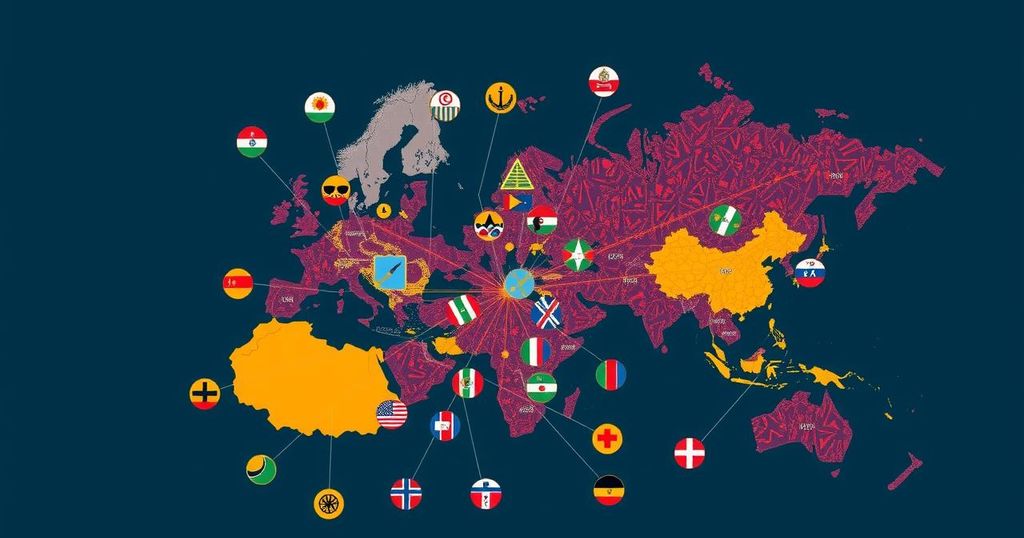Georgia’s Elections: A Defining Moment in the Balance Between East and West
Georgia is poised for a pivotal parliamentary election that may redefine the country’s foreign policy alignment, with the ruling Georgian Dream party advocating for stability and the opposition warning of an increasing drift towards Russian influence.
Voters in Georgia, strategically situated at the crossroads of Europe and Asia, are preparing to cast their ballots in a crucial parliamentary election scheduled for Saturday. This election is heralded as the most significant since Georgia gained independence from the Soviet Union in 1991. The outcome holds the potential to alter the nation’s course, determining whether it will continue its long-standing alignment with Western ideals or strengthen its ties with the Russian Federation. The ruling party, Georgian Dream, has made assurances that it will strive to maintain peace and prevent the country from becoming embroiled in conflict. In stark contrast, opposition factions, particularly the liberals, accuse the government of increasingly aligning with Russian interests, effectively steering Georgia into the sphere of influence of the Kremlin. This political dichotomy underscores the tensions within Georgian society and the broader geopolitical implications for the region.
Since its independence in 1991, Georgia has grappled with its national identity and foreign policy direction, oscillating between pro-Western aspirations and the historical ties to Russia. The current election encapsulates these ongoing struggles, as the Georgian Dream party represents a more cautious approach, while opposition parties advocate for a firm commitment to Western integration. The influence of Russia over former Soviet states remains a critical concern in shaping Georgia’s trajectory, with implications for regional stability and international relations.
In summary, Georgia’s upcoming parliamentary election presents a decisive moment that could either reaffirm the country’s commitment to Western alliances or pivot it toward closer relations with Russia. The contrasting narratives of the ruling party and opposition highlight the fragility of democracy in the face of external influences, as the electorate must weigh the implications of their choice not only for the country’s future but also for the broader geopolitical landscape.
Original Source: www.washingtonpost.com




Post Comment